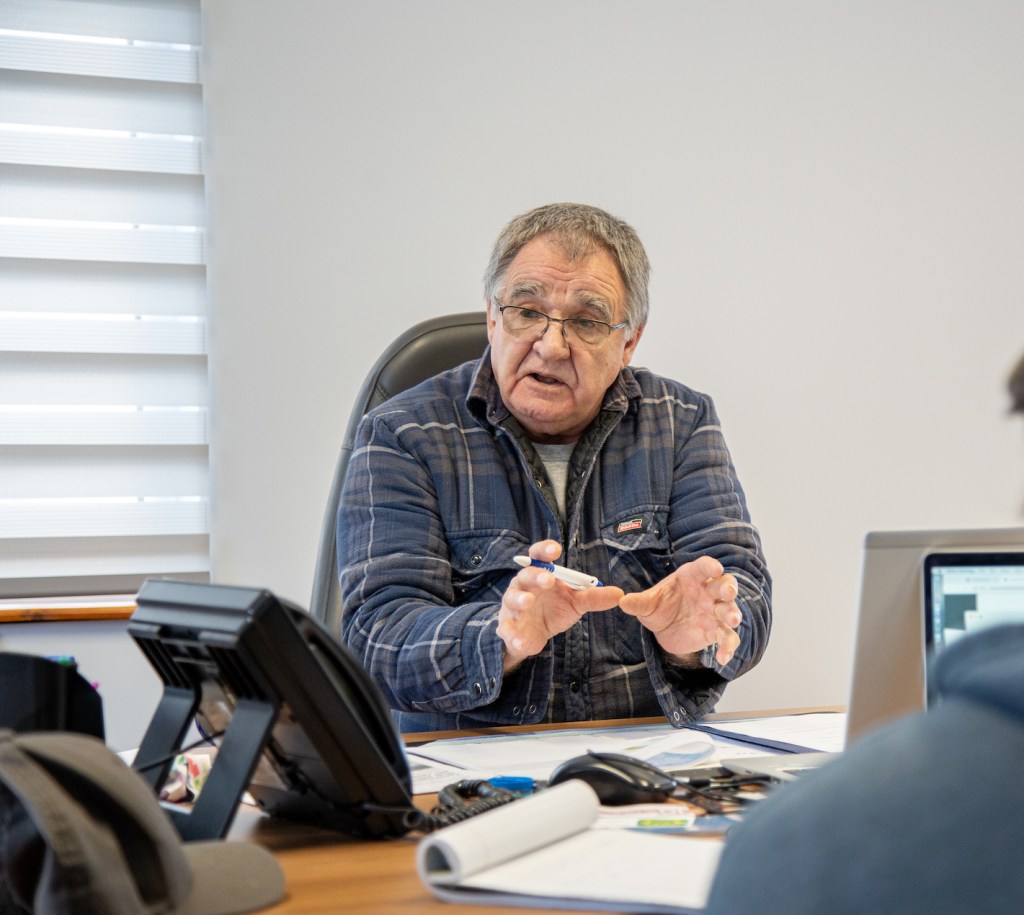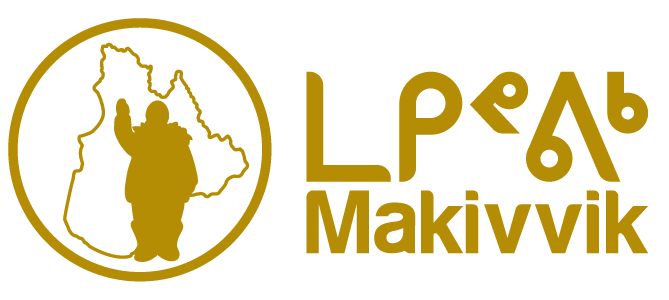
By Stephen Hendrie
This pandemic has graphically revealed how essential aviation is to the Arctic. It is absolutely an essential service, much like the highway network in the South, which is paid for by federal and provincial governments. Inuit have owned arctic airlines since the signing of the James Bay and Northern Quebec Agreement (JBNQA) in 1975, with the creation of Air Inuit, owned 100 per cent by Makivvik. First Air was purchased in 1991, and merged with Canadian North in 2019, owned by the Inuvialuit Development Corporation (IDC). Amazingly, these two airlines service 1 per cent of the Canadian population, but cover 40 per cent of the Canadian landmass.
The coronavirus pandemic, as we know, started in China and moved to Europe early in 2020. Italy was in its first two-month lockdown starting in early March 2020. North America followed in mid-March. The Arctic was essentially closed off to the rest of the world. But what of the northern airlines? They could not shut down as other carriers could. They brought critical medical supplies, food, essential goods and workers to the remote Inuit communities in Nunavik, Nunavut, and the NWT.
They had to continue to operate, with virtually no passengers, and revenue cut by over 90 per cent. They faced disaster. So, the Inuit political forces went to work to convince governments in Quebec and the rest of Canada to provide the financial support needed to keep the airlines flying as an “essential service.” Makivvik President Charlie Watt, with 34 years of experience in Ottawa as a senator, played a vital role in the months long effort to solidify funding commitments to Canadian North, from the Governments of Canada, Nunavut, and the NWT, as well as Quebec for Air Inuit, and Canadian North.
“It was not an easy task,” says Charlie Watt. “We were using Inuit money, not government money, to provide the essential service. We had to fight like hell, tooth and nail to get the money out of the government.”
The tooth and nail fighting was done by executives in the Makivvik President’s office, Inuvialuit Regional Corporation (IRC), and airline officials at Canadian North and Air Inuit. Together they spent countless hours on daily teleconferences, dealing not only with the lobbying effort, but also with the health issues related to the pandemic itself in order to keep flying safely.
William Tagoona, Political Advisor to Charlie Watt, says it was all consuming. “We worked continually on it, meeting with just about every minister there is, activating senators, such as Dennis Patterson, writing to the Prime Minister on several occasions, having them hand delivered in Ottawa.” Lisa Smith in Makivvik’s Ottawa office focussed on Canada, while Jean Dupuis in the President’s Department in Montreal focussed on Quebec, as part of the lobbying team.
Letters were written early in the crisis, in March, to Quebec Premier François Legault, Canadian Minister of Transport Marc Garneau, and a joint letter from Makivvik President Charlie Watt and IRC Chair and CEO Duane Smith to Prime Minister Justin Trudeau. The tone of the letters was blunt and direct. The northern airlines provide an essential service. Governments must fund them during the pandemic, otherwise they will go under.
Adding to the pandemic crisis, Canadian North was in the first six months of operations as a newly merged airline. It already had a series of strict regulations it had to meet from Transport Canada that prevented it from altering routes, frequency, or staffing levels. These were concerns the government of Nunavut had prior to the merger, and were included in the “undertakings” by the new Canadian North in order for the merger to happen. So, it was already tough enough to operate under strict conditions, but the pandemic made it even more difficult. William Tagoona says, “No other airline had those chains on them. They had to fly empty airplanes because of the government conditions.”
Johnny Adams is the Executive Chairman at Canadian North. He described it this way. “Other airlines completely shut their operations – Porter, Sunwing, Air Transat. We could not make any changes to our schedule without approval from Transport Canada. The passenger capacity was drying up in front of our eyes. We couldn’t cut our schedule because of our ‘undertakings’ without Transport Canada’s approval.”
With the letters, and direct lobbying by phone, after a few weeks of discussions and negotiations Johnny says they were able to get some relief on the ‘undertakings’, but no commitment on funding. “It took a lot of educating to get them to understand our operations. One official asked, ‘Why don’t you only fly once a week?’”
Johnny and other airline officials explained how the Arctic works, how the airlines are basically the roads to the Arctic, roads that bring in most goods, and essential workers. If a sewage, water, or garbage truck breaks down and needs an essential part, you can’t wait for a week. The community has to operate. Hospitals and nursing stations need their staff, and patients have to go south for emergency treatment. Eventually the message was understood. Eventually the concept of northern airlines providing “essential service” hit home.

The ace card was always shutting down the airlines and telling the government, “OK, we’re out of cash now to operate the airlines, you provide the essential service to all the Arctic communities!” Charlie Watt said at one point, “it won’t be too long before I pull the plug – ground all the airplanes! One of the things that held me back, I kept telling myself, ‘your people are up there, your people are the ones you are providing essential services to’, and I could not pull the plug.”
Eventually there were financial commitments made by governments to keep the airlines operating. For Air Inuit, President Pita Aatami was constantly involved in negotiating an agreement between the Government of Quebec and the health board to enter nto a direct charter arrangement with Air Inuit. This ensured the airline would remain solvent during the pandemic and have its costs covered.
For Canadian North, it was a combination of funding from federal, provincial, and territorial governments to ensure “essential services” continued to be provided to the remote Arctic communities in Nunavik, Nunavut, and the NWT.
In early August, Makivvik issued a press release commending the federal announcement made on August 6 for $75 million in funding for northern airlines retroactive to July 1, 2020, for six months. An additional $174 million was announced for the next 18 months if needed.
Charlie Watt said after the commitment was made, “I’m quite happy with that. Hopefully down the road we will be pushing for every expenditure paid for by the Government of Canada, because we did not create this problem, and we did what we could, operating with our own money, not the government money, and I think the Government of Canada was thankful for what we did.”
Looking beyond this crisis, Johnny Adams stated, “The government has to acknowledge that the Arctic has to be looked at from a different lens. Across Canada we’re able to subsidise the road network, the rail network, and the marine network. But when it comes to the Arctic, none of these privileges are available. Everything we do, we have to do ourselves. So, without any help from the government, the costs are naturally high, because that’s what it takes to operate and to have infrastructure in the Arctic.”




